- Arakan Army signals willingness to forge strategic partnership with Bangladesh’s new government
- Internet blackout in Arakan State hampers emergency aid delivery
- Arakan residents call for air raid warning systems amid surge in junta airstrikes
- Arakan’s Breathing Space (or) Mizoram–Arakan Trade and Business
- Death toll rises to 18 after junta airstrike on Ponnagyun village market
Small-scale fishing operations in Arakan State call it quits amid fuel price hikes
Rising fuel prices have forced local small-scale fisheries in Arakan State to halt their operations, creating hardships for many fishing families.
20 Aug 2022
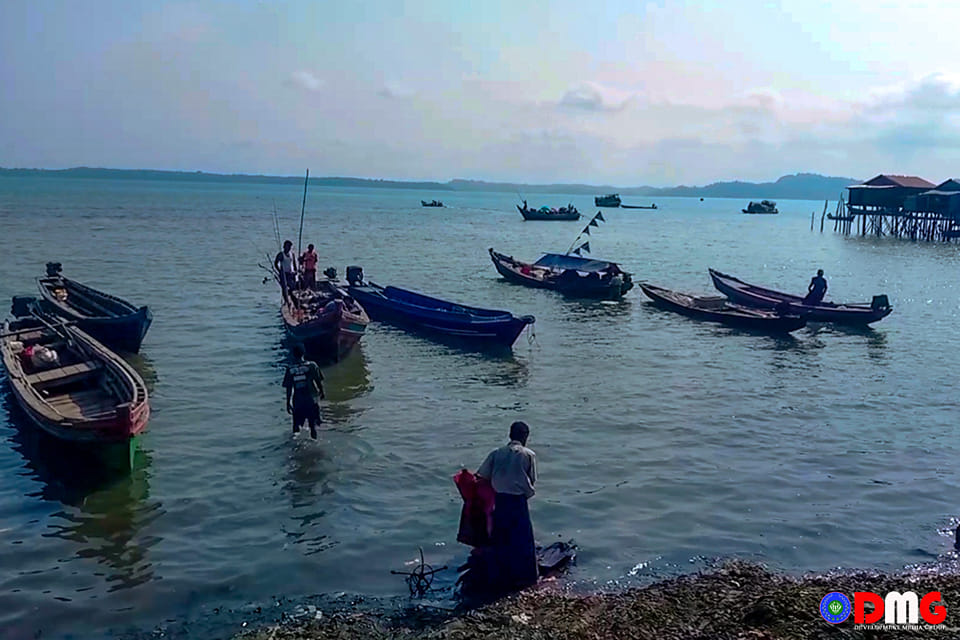
DMG Newsroom
20 August 2022, Sittwe
Rising fuel prices have forced local small-scale fisheries in Arakan State to halt their operations, creating hardships for many fishing families.
Small-scale enterprises like his are facing growing uncertainties, said fisherman U Kyan Thein from Kyaukphyu Township.
“A litre of gasoline is sold for K3,000 now, and I need around 5 litres for fishing at one time, which costs between K15,000 and K20,000. But I don’t earn K20,000 from selling the catch. So, we have to stop operations,” said U Kyan Thein.
Fishing is the lifeblood of the local economies in Arakan State’s Kyaukphyu, Manaung, Myebon, Thandwe, Sittwe and Pauktaw townships, with high fuel prices having negative impacts on the industry and beyond.
Some fishermen have sold their boats and nets, and have left the country to work in Malaysia or Thailand, said fisherman U Khin Maung from Padin village in Pauktaw Township.
“Almost all the villages along the shore in Pauktaw fish for a living. But many of them have quit. They have sold their fishing boats and nets for much lower prices to work in Malaysia and Thailand. Some are not doing well, and have only run up debt,” U Khin Maung told DMG.
Many fishermen in Meinma Kywel village, Manaung Township, are considering taking a break. Fishing is the main source of livelihood in Meinma Kywel village.
“We have made a living by fishing, but we are not making any profit [these days] due to high fuel prices,” said Ko Maung Than Hlaing from Meinma Kywel village. “There are around 70 fishermen in my village, and it appears that all of them have had to halt their operations.”
Fish merchants and mongers are also suffering as fishermen have halted their operations, said fish merchant Ko Tin Shwe from the Thandwe Township town of Ngapali.
“We are also having a hard time as we are part of the supply chain,” said Ko Tin Shwe.




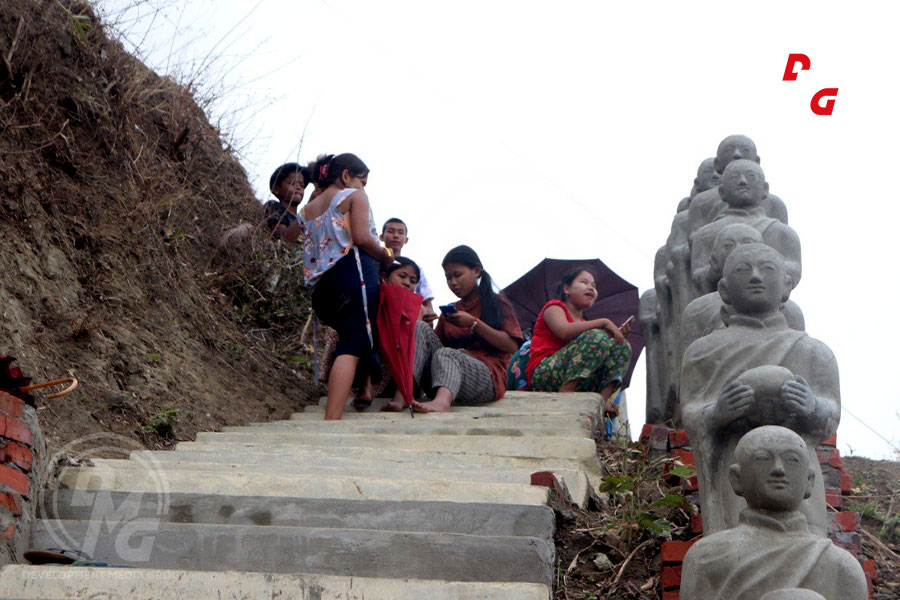
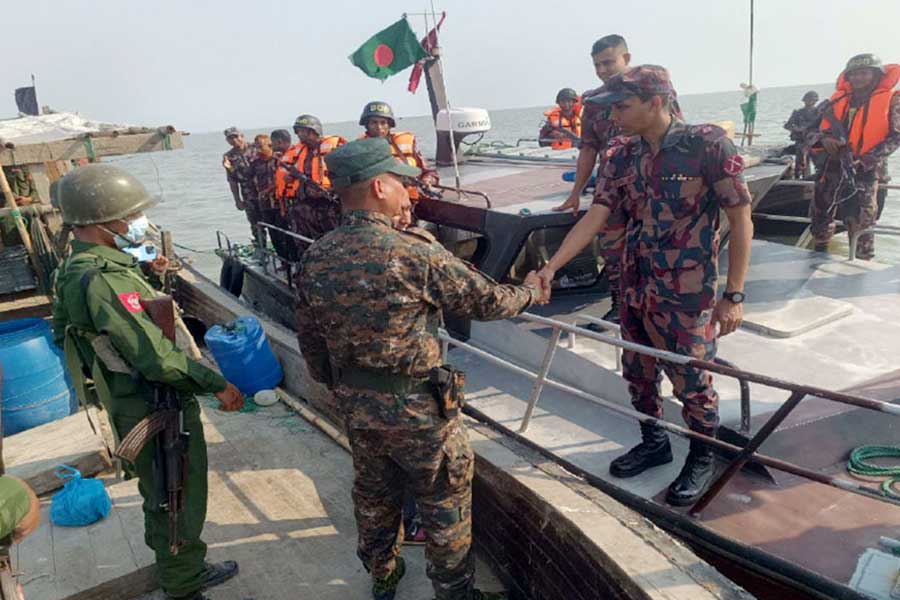
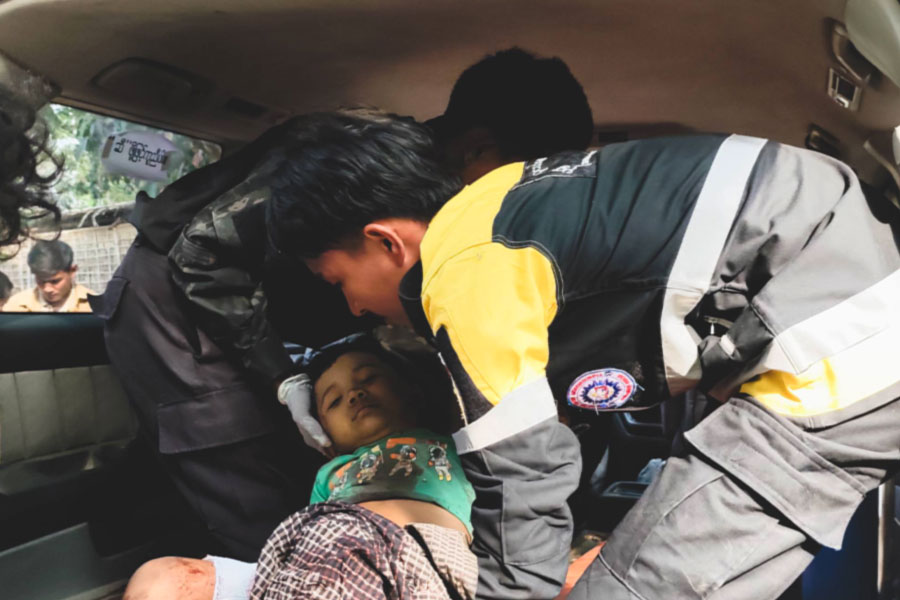
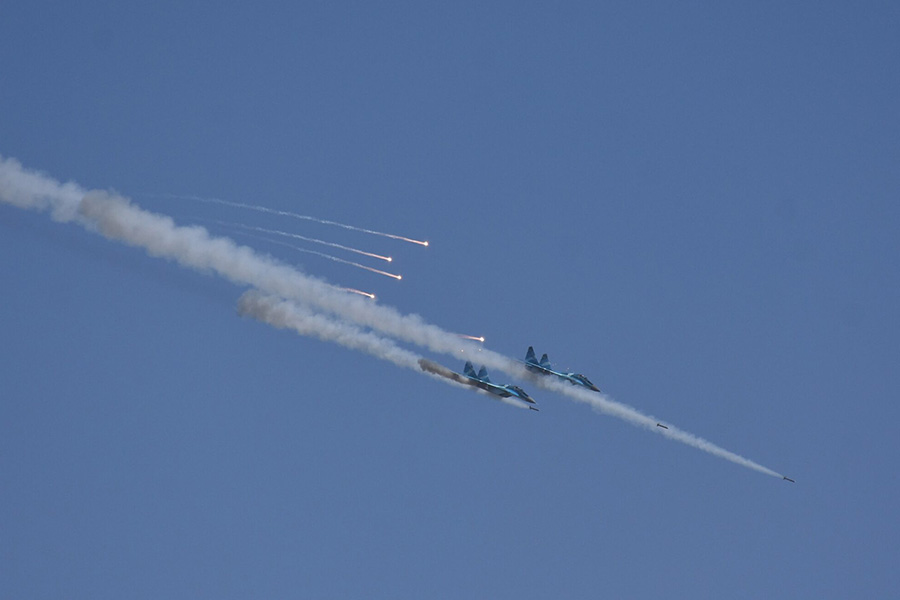
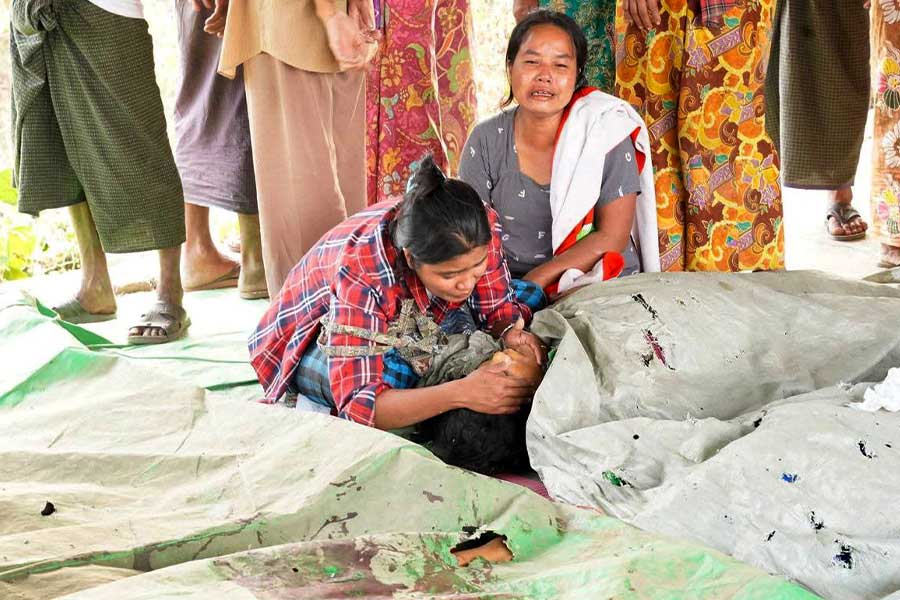








.jpg)